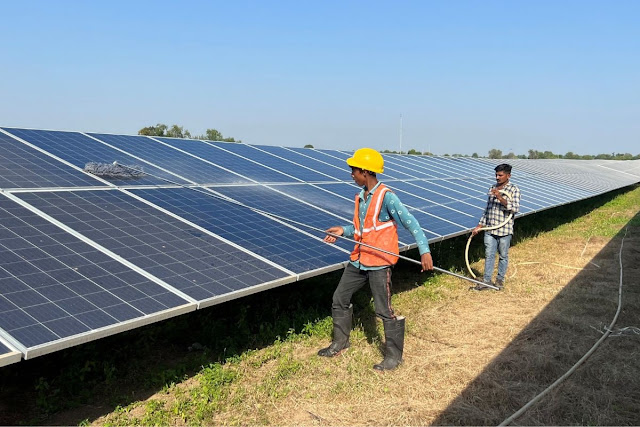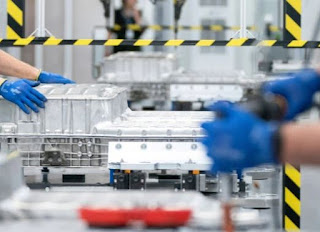Post Step by Step

Blog Post Step by Step 1. Choose a Blog Topic Idea First, decide what you’re going to write about. The topic should be relevant to your brand. And interesting to your target audience. There are many ways you can come up with topics: Check out our list of blog post ideas Conduct a brainstorming session with your team Look at competing blogs for inspiration Ask your audience what they want to read about (on social media or via email surveys) Perform keyword research (step two explains how) 2. Perform Keyword Research This is important because adding keywords to your blog post can help your search engine optimization (SEO) efforts. Meaning you rank higher in relevant search engine results pages (SERPs). Plus, keyword research lets you identify topics with the biggest SEO potential. Which is important if you’re using blog posts to increase organic traffic (unpaid search engine traffic). 3. Create an Outline Creating a blog post outl...





